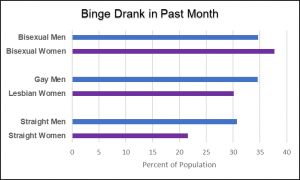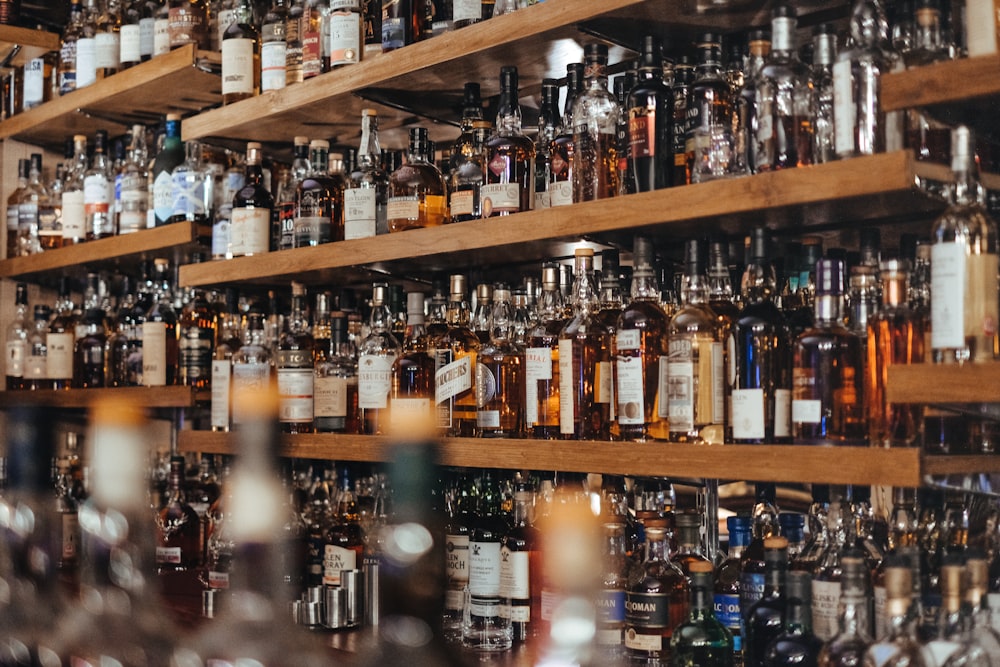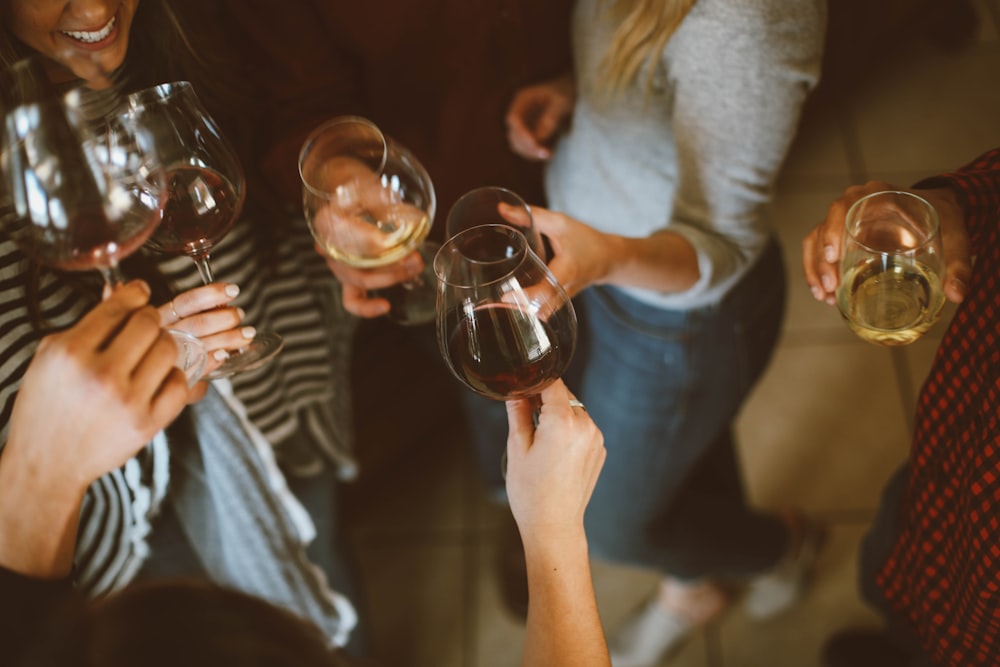Drinking and substance-use are wide-spread in the LGBTQ+ community. The higher rates are due to queer people using drugs to cope with homophobia and discrimination as well as the relative lack of sober, queer spaces. Some of the most prominent queer spaces are gay bars or clubs, and Pride events are often sponsored by alcohol companies who show off their support through rainbow-colored vodka and beer bottles. There’s growing attention to address alcohol-abuse in queer communities but there is still a long way to go, especially when it comes to bisexual women.
According to the National Survey on Drug Use and Health (NSDUH), bisexual women are more likely than any other group to report recent binge drinking. This is a stark finding when considering that men, both gay and straight, are much more likely to drink than women. While the gender gap has decreased, straight women are still much less likely to binge drink than men are.
So why are bisexual women out drinking everyone? Unfortunately, there has not been much research on the subject since research on sexual minority health tend to group bisexuals with other queer people or with straight people if they’re in a relationship with someone of the opposite sex. However, the few studies on this topic suggest that this tendency to forget about bisexuals or group them with other sexualities is part of the problem. This tendency is called bi-erasure or bi-invisibility, and it’s present in research, media, and personal lives. Bi-erasure often takes the form of assuming that bisexuality doesn’t exist, is a phrase, or shouldn’t matter if someone is in a relationship. Other forms of bisexual-specific discrimination include assuming that bisexuals are promiscuous or will leave their partner for someone of a different gender. Many bisexuals report bi-erasure and discrimination from both heterosexuals and the gay community.
The double discrimination of dealing with general homophobia as well as bisexual-specific discrimination is a major reason why bisexual health disparities are so large. Feeling validated about who you are is important, and bisexuals who do have support in their lives show lower rates of substance use and better mental health. We need a society where all people can feel supported in their sexuality. If we want to stop LBGTQ+ health disparities then we need:
- Legislation that bans discrimination based on sexual orientation and gender presentation. Georgia still allows jobs to fire someone because of their sexuality.
- Better media representation – especially for bisexuals who are underrepresented and often shown in stereotypical roles.
- More sober queer-affirming spaces.
- More research on LGBTQ+ health disparities that separately examine bisexual health disparities.
- Queer affirming counseling and substance-abuse treatment. While there are a growing number of guidelines, workshops, and classes on being an LGBTQ+ affirming counselor, many queer people still report sub-par experiences with mental health treatment. This is likely exacerbated in religious-based substance-abuse treatment facilities.
Until we address these issues. LBQTQ+ people, especially bisexual women, will continue to suffer.





